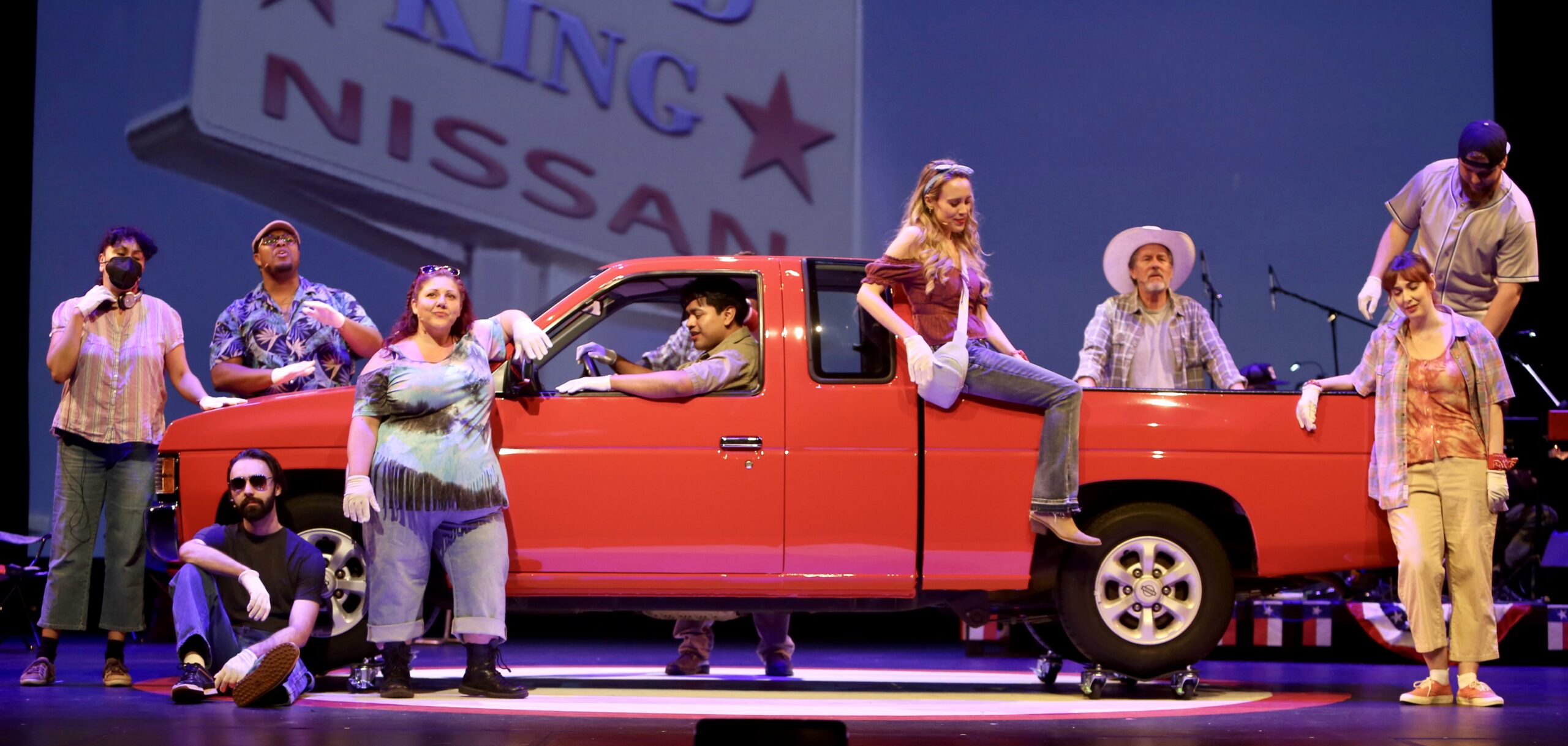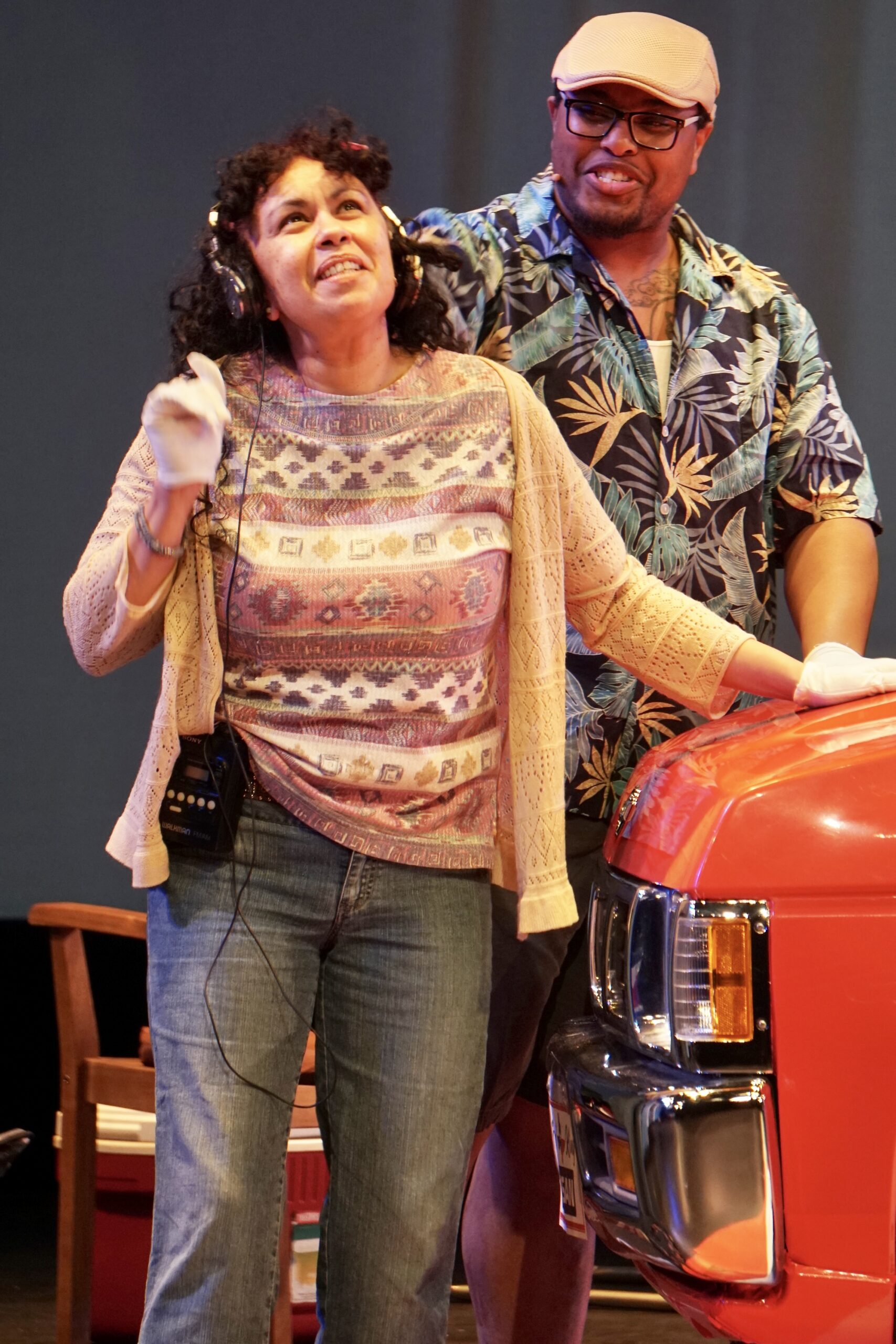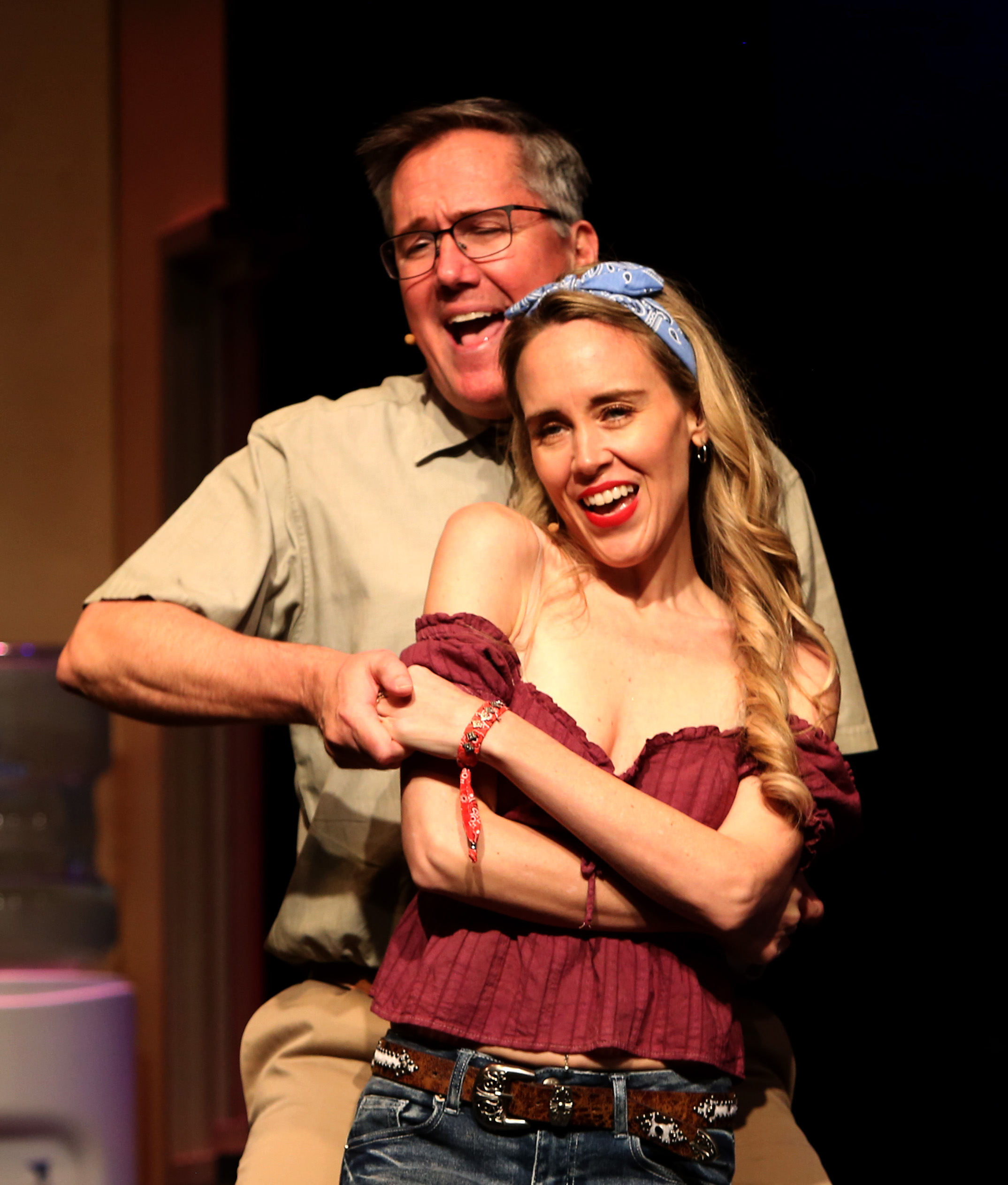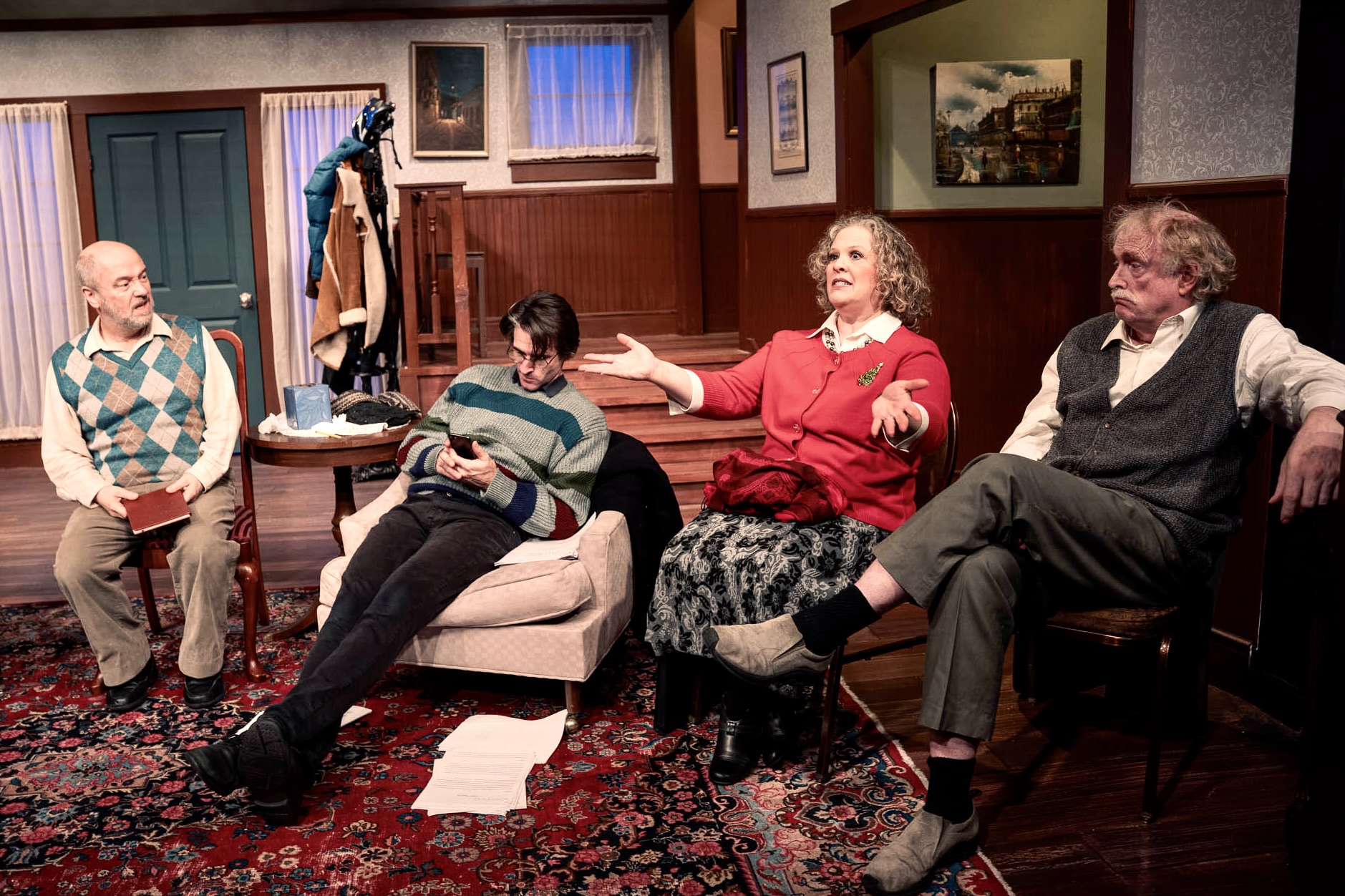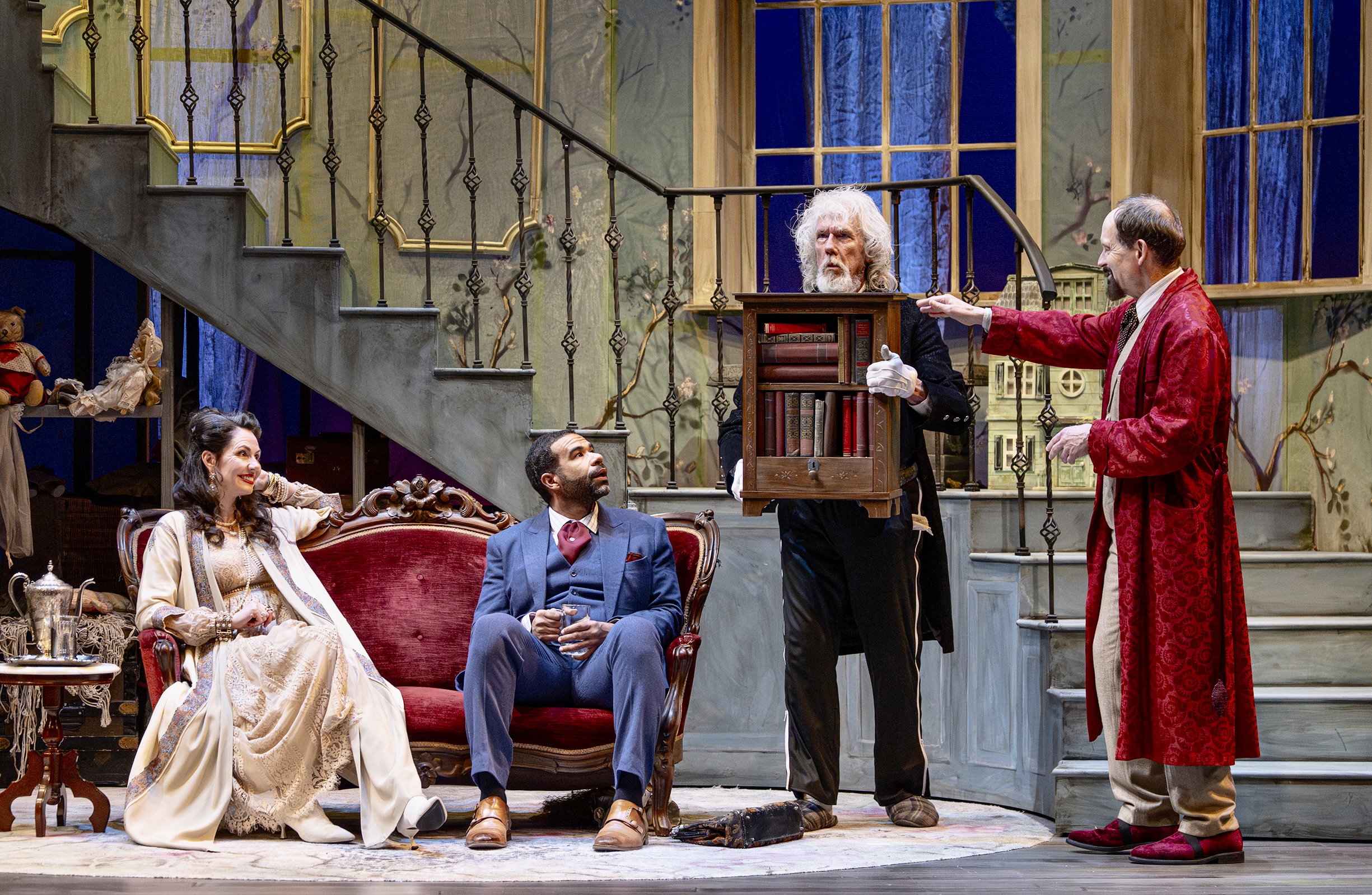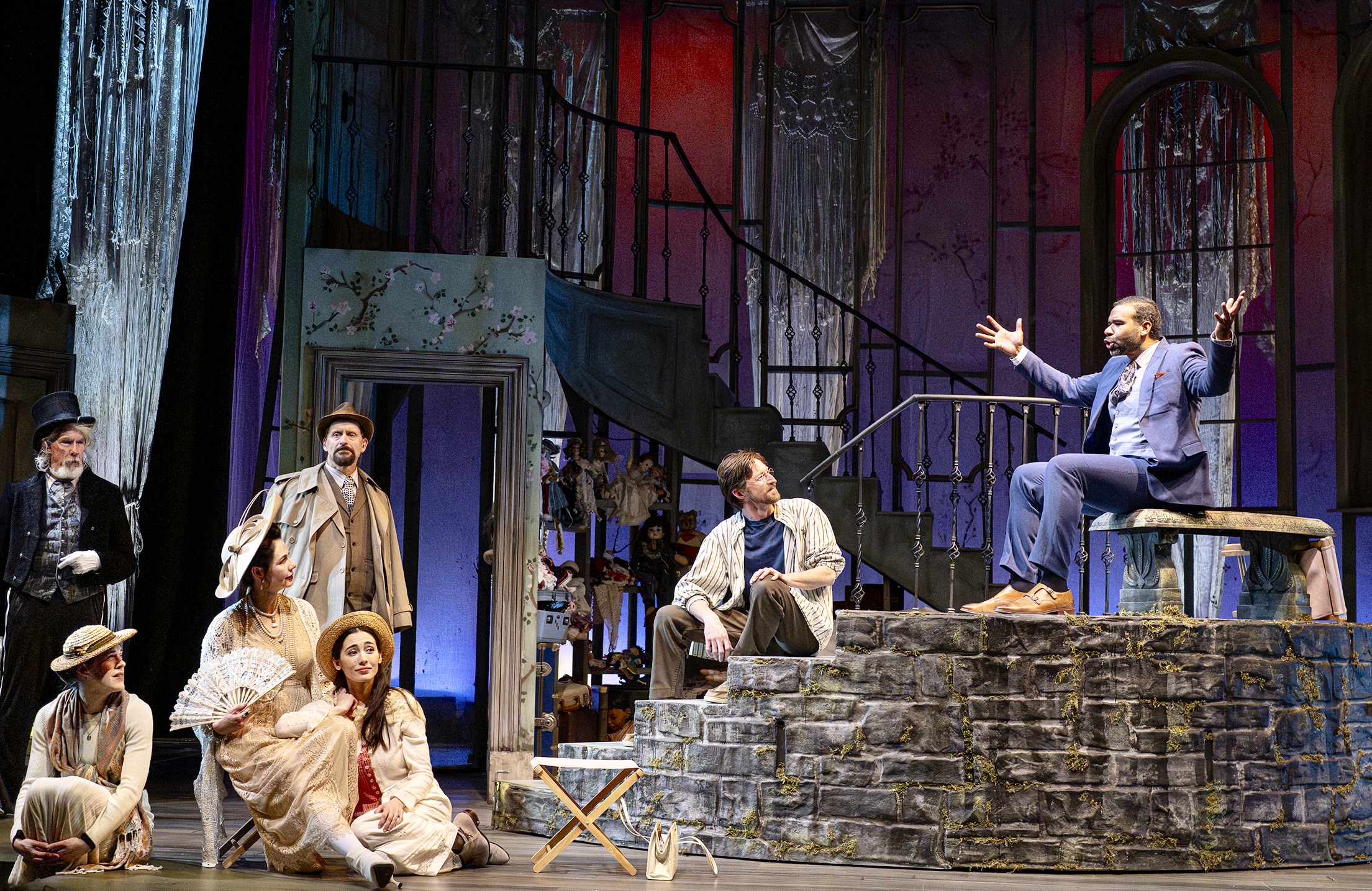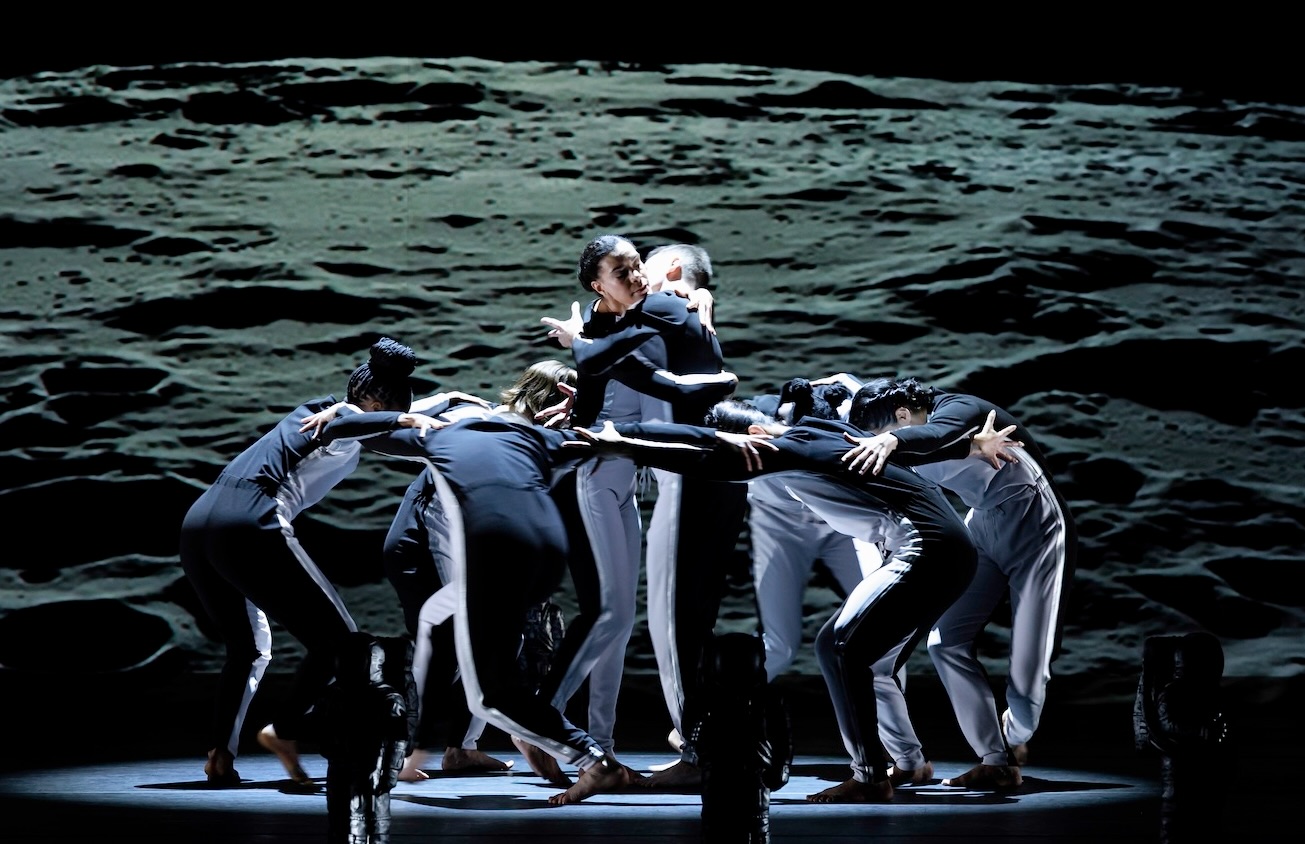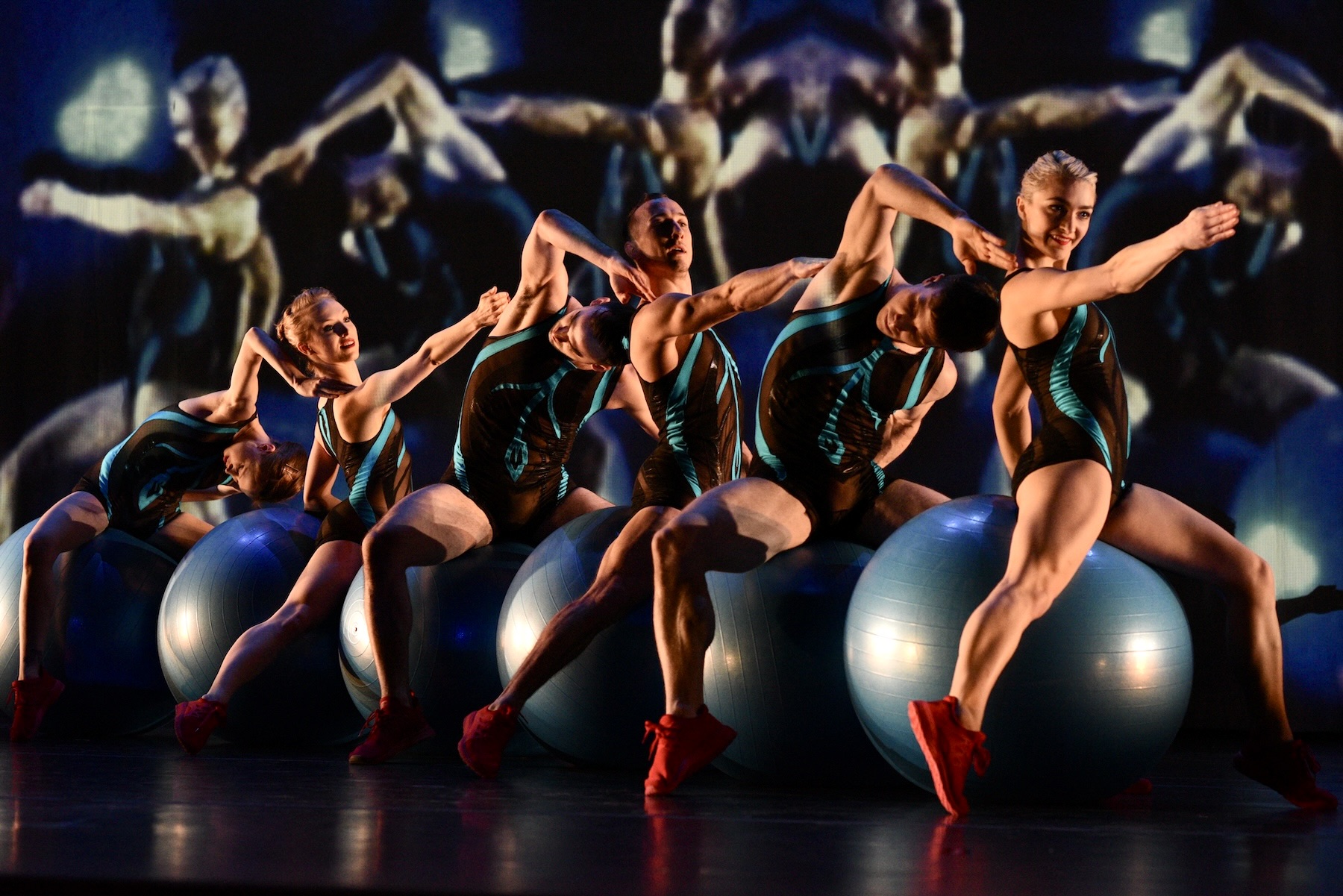
WORLD-FAMOUS FAIRFAX WRITER Anne Lamott turned “bird by bird” into a stylish phrase 32 years ago. Metaphorically, it suggested that folks should tackle major issues one step at a time.
Nowadays, that’s precisely how bird watchers handle the Marin Audubon Society’s monthly field trips at The Ponds at the Las Gallinas Valley Sanitary District in San Rafael. One step at a time; one bird at a time.
First, imagine the birders identifying a duck through their binoculars, then a Cedar Waxwing, then a hawk. Before long, they’ve found 45 to 50 species in a morning’s trek, including many migrants — birds that “don’t really belong there.”

That picture comes from Mark Clark, Novato retiree who started bird watching 18 years ago and has been leading the walks at The Ponds each first Thursday of the month since September 2024.
He specializes in making the trips educational, convivial, and fun. “It’s really a mix of ornithology and the banter of the Jungle Cruise at Disneyland,” he says.
“We’re learning how birds get by on a daily basis, and we’re carrying on the tradition of the Audubon Society of counting birds instead of a century ago when people shot them,” he carries on.
“We usually introduce a topic, such as breeding behaviors, set up scopes in the first pond, the nature pond, and see what’s there. I always bring a scope, and there’s always one or two more. We then move on to the second viewing point. There are usually one or two other experts who chime in and are good about finding birds.”
Good for beginners
The Las Gallinas walks interlock with the overall mission of the Audubon Society, which, according to its website, is to “conserve and restore natural ecosystems, focusing on birds, other wildlife and their habitats for benefit of humanity and the Earth’s biological diversity.”
Alison Pence, a Corte Madera resident and a Marin Audubon board member who’s enjoyed the walk multiple times, reports that Clark is particularly “good with beginners. He’s friendly and tells good jokes.” When informed how she’s described him, he quips, “I am friendly — and handsome.”
Clark retired three years ago after working in hospice for a decade. Before that, he taught theater at Marin Community College and elsewhere, which helps bring “a theatrical flair” to the walks.
The list “for The Ponds is 254 species,” he says, “and I believe I’ve seen them all.”


The Las Gallinas walks draw as many as 25 participants monthly, about half of them beginners, including many elderly. “It’s a terrific walk for beginners,” Clark explains, “because it’s flat and the birds are easy to see. After Point Reyes, it’s the second richest birding area in Marin County and certainly easier to access.”
Rosina Wilson, who lives in Marinwood, not far from what she says was once called The Bird Ponds, is part of the ever-growing senior tsunami in Marin County. “Most of us seniors walk slowly,” she points out. “Many of us use canes or walking sticks. I use a pair of trekking poles, which help me keep my balance and give me upper-body exercise and allow me to walk faster.”
“We don’t walk very fast, don’t rush,” Clark elaborates. “People who come late can catch up.”
A workout for the ages
Wilson contends that “this type of activity is a great brain-training tool. Learning the names of birds … plus their field marks (how you recognize them and differentiate them from similar species) can really give the mind an active workout while the body is enjoying the physical workout.”

In truth, the age range is quite wide, she says. Though she’s walked with many folks in their 80s, she’s also viewed “a two-year-old walking, a little boy who even had his own binoculars. He was adorable.”
Wilson’s been a participant for years and, in fact, often walks there “on my own and with friends.” Every visit, whether expert-led or solo, she indicates, “is different, and there’s a different cast of characters each time the seasons change. In the winter, there’s a huge number of species of migrants, especially ducks, and we see many types of raptors, including hawks, falcons, and the occasional eagle.”
She’s also spotted other wildlife — “whole families of otters, muskrats, deer, coyotes and foxes.”
Pence, meanwhile, also enjoys Marin Audubon’s other regular field trip, at the Rodeo Lagoon in the Marin Headlands, with leaders William Legge and David Wiechers. Those outings, unlike the ones at The Ponds, are not recommended for beginners, are limited to 15 hikers, and require registration (which opens 10 days before any given walk). Field trips at either location are free to Audubon members and the public, but donations are appreciated.
Asked to pick one highlight from walks she’s been on, Pence cites a trek at Las Gallinas where she “saw a rail, a shy bird that came out of hiding. It was foraging. You don’t get to see them very often.”
This article was first published on LocalNewsMatters.org, a nonprofit site supported by Bay City News Foundation http://www.baycitynews.org/contact/.
Sherwood “Woody” Weingarten, a longtime voting member of the San Francisco Bay Area Theater Critics Circle, can be contacted by email at voodee@sbcglobal.net or on his websites, https://woodyweingarten.comand https://vitalitypress.com. His books include Rollercoaster: How a man can survive his partner’s breast cancer, aimed at male caregivers; MysteryDates — How to keep the sizzle in your relationship; The Roving I, a compilation of 70 of his newspaper columns; and Grampy and His Fairyzona Playmates, a whimsical fantasy intended for 6- to 10-year-olds that he co-authored with his then 8-year-old granddaughter.


